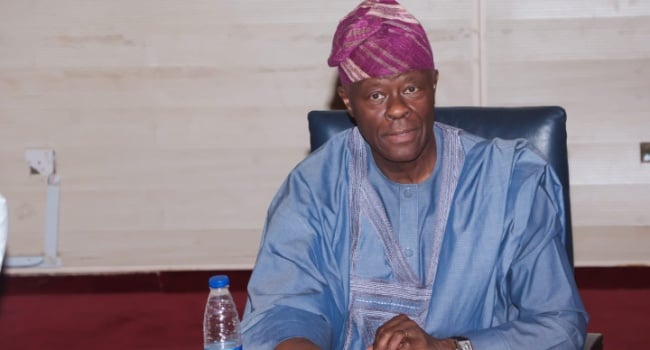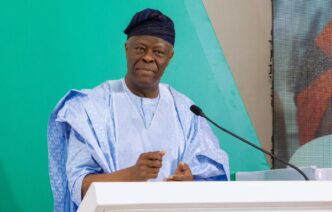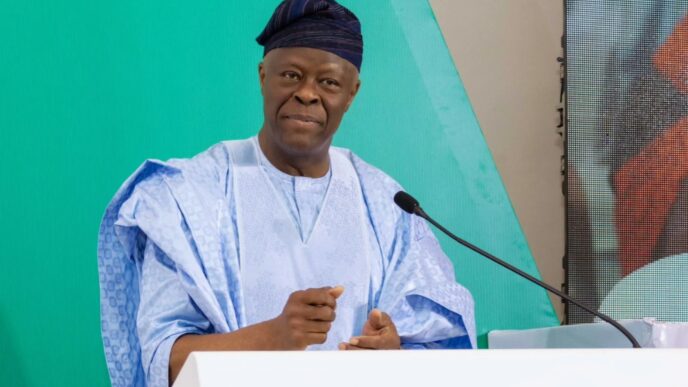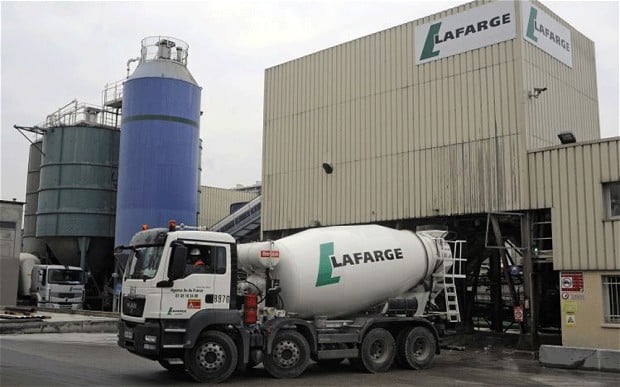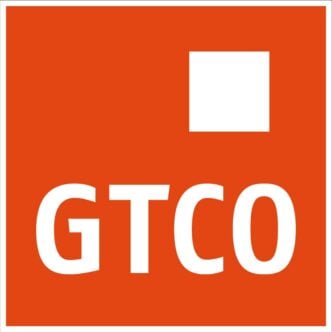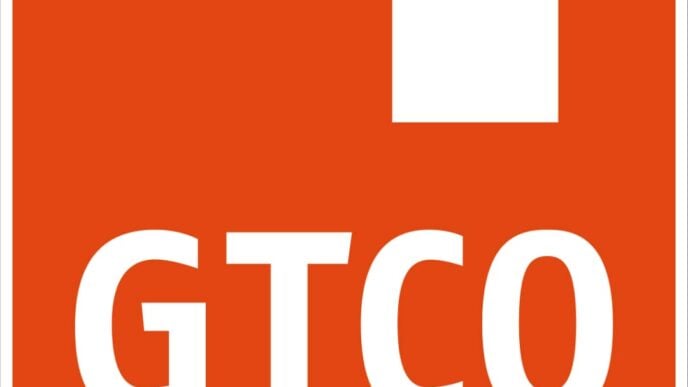The federal government has launched the Nigeria procurement certification portal to serve as a professional procurement registry for Nigerians.
George Akume, secretary of the government of the federation (SGF), represented by Wale Edun, minister of finance and coordinating minister of the economy, launched the portal in Abuja on Wednesday.
Speaking during the event marking the launch, Akume urged procurement officers to adhere to the standards of professionalism or be held accountable if found culpable.
“The Sustainable Procurement, Environmental, and Social Standards Enhancement (SPESSE) Programme which is being launched today, represents a strategic step towards institutionalising professionalism in procurement, environmental and social standards management,” he said.
Advertisement
“The investment by the government in the recruitment of the procurement ecosystem is proof of faith in the capacity of the public sector to drive development in Nigeria in an efficient, transparent, corruption-free environment.
“We must, however, sound a strong note of warning to all procurement officers whose acts of omission or commission may result in the loss of public funds or misuse of procurement.
“We will be held accountable. Public service is in trust, and we must guard it in our posts of integrity.”
Advertisement
In his remarks, Edun underscored the potential of international certification to counter the “japa syndrome”, enabling young Nigerians to work remotely for global clients while staying in the country.
“By the time you have international certification and you can provide services online, over the internet, internationally, then young Nigerians can stay in Nigeria,” he said.
“They can provide services, training, consulting, business support whilst staying in their own country, enjoying Nigeria and earning funds internationally.”
Adebowale Adedokun, director-general of the Bureau of Public Procurement (BPP), explained that the initiative aligns with the provisions of the Public Procurement Act of 2007.
Advertisement
He said the gathering marks the actual take-off of the consolidated approach to building capacity of public and private procurement officers who are doing business with the federal government.
“This new capacity building programme is aimed at building knowledge, mastery and skills of officers that will meet the expectation of all stakeholders,” Adedokun said.
“We are already engaging professional bodies to assist us in building sector-based Procurement expertise that will match that of the private sector.
“This will ultimately reduce subjectivity, turn around time, wastage, reduce poverty, enhance job opportunities for our graduates and much more export to other developing countries.”
Advertisement
With the support of partners, Adedokun said the programme was set to be adopted by other countries, which would serve as another form of foreign exchange.
He said the programme would be implemented in phases, starting with graduates from the six geopolitical zones.
Advertisement
“May I say today we have trained over 7,000 procurement officers nationwide. About 30 per cent represent the women, gender affirmative action that we have been promoting,” Adedokun said.
He encouraged professional bodies to set up divisions that would focus on public procurement and create competition.
Advertisement
‘SPESSE INITIATIVE WORTH $80 MILLION’
On his part, Taimur Samad, acting country director for Nigeria at the World Bank, described the SPESSE initiative as an $80 million programme aimed at professionalising procurement practices in the country.
Advertisement
“Nigeria has become a model for other African countries interested in replicating this programme,” Samad said.
He said the World Bank would support Nigeria to extend the initiative’s reach across the country.
Samad added that the process, which includes further training and certification, is expected to conclude by June, enabling broader federal and state-level impact.
On his part, Ipinsagba Olajide, chairman of the senate committee on public procurement, stressed the importance of transparency, fairness, and accountability in achieving economic freedom and fostering free enterprise.
Olajide said Nigeria will soon reach a stage where procurement bidding can be conducted from the comfort of people’s homes.
